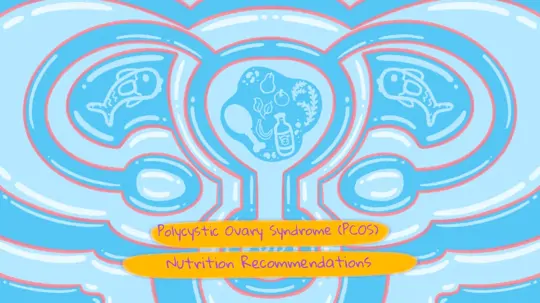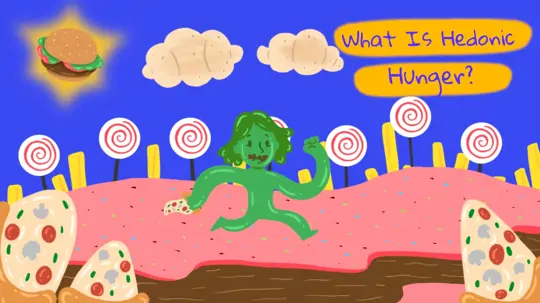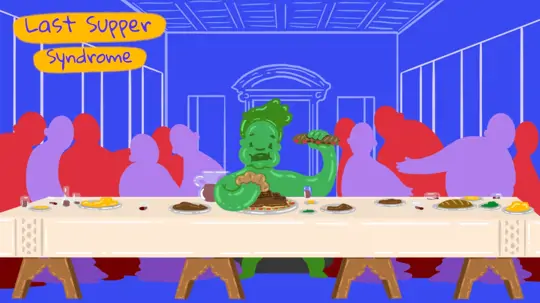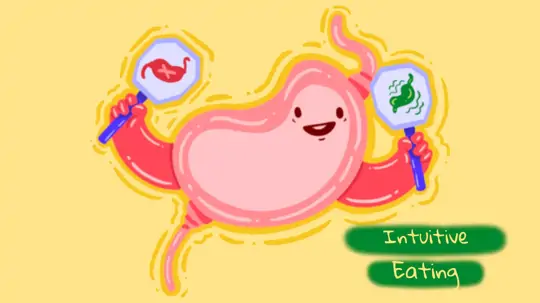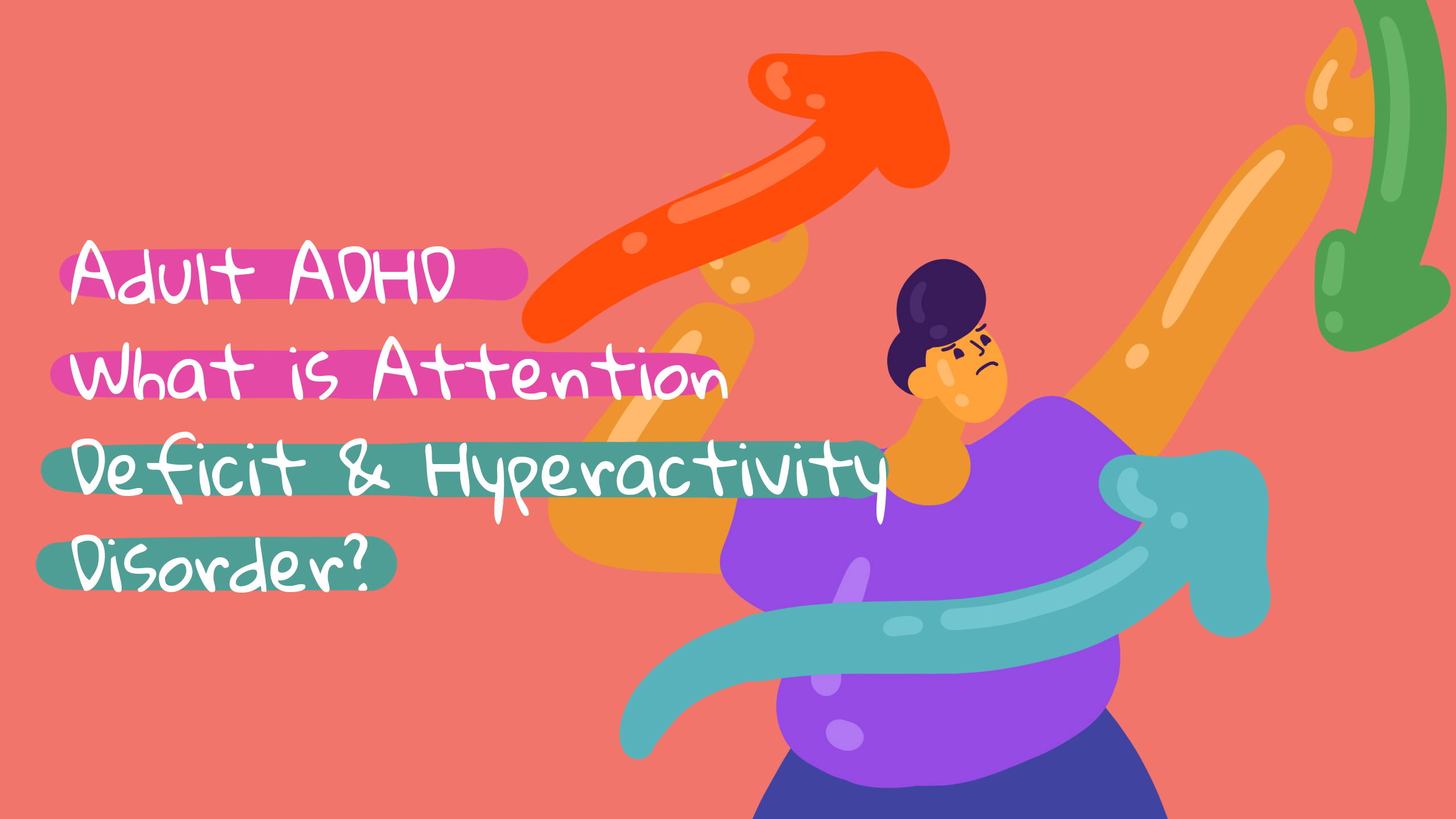
Start feeling better today!
Connect with your therapist today and take control of your life like our 850.000 happy clients.
Get StartedAttention Deficit Hyperactivity Disorder and Adults
Are you sometimes unable to concentrate or sit still? Were you one of those kids who were referred to as naughty all the time as a kid? Are these behaviors unique to childhood, or do they continue into adulthood? Is any kind of inability to concentrate or stay still indicative of Attention Deficit Hyperactivity Disorder?
If you are looking for answers to these questions, you can continue to read this article. To answer these questions, first of all, it is necessary to briefly explain what Attention Deficit Hyperactivity Disorder and attention deficit are.
What is Attention Deficit Hyperactivity Disorder?
Attention Deficit Hyperactivity Disorder (ADHD) is a neurodevelopmental disorder characterized by lifelong attention deficit, hyperactivity, and impulsivity, beginning in childhood and extending into adulthood2.
There are different types of Attention Deficit Hyperactivity Disorder. It is suggested that this disorder is categorized into three groups, characterized by attention deficit only, hyperactivity and impulsivity only, and finally, both attention deficit and hyperactivity and impulsivity.
What are the Types and Symptoms of Attention Deficit and Hyperactivity Disorder?
You can see the types and most obvious symptoms of Attention Deficit Hyperactivity Disorder below.
Symptoms of the Attention Deficit Type
The Attention Deficit Type has only the symptoms of attention deficit; it does not show signs of impulsivity and hyperactivity. The symptoms of attention deficit are listed below:
- Difficulty focusing on the needed issue
- Distraction and difficulty concentrating
- Memory issues and forgetfulness
- Having trouble performing the same task for an extended period of time
- Difficulty focusing on the person speaking, even when spoken to directly
- Difficulty following instructions
- Making repetitive mistakes
- Poor performance in tasks that require organization
Symptoms of the Hyperactivity and Impulsivity Type
In this type, symptoms of hyperactivity and impulsivity are prominent, but an attention deficit is not observed. Although people with this type do not have attention problems, they still have problems concentrating on assigned tasks. Below are the symptoms of a person with hyperactivity and impulsivity:
- Having a high level of motor activity
- Excessive talking or interrupting others
- Having difficulty waiting their turn
- Standing up in class or other situations where sitting is expected
- Answering before someone is done asking their question
- Having difficulty spending time alone
- Constant wiggling and fidgeting while sitting
- Often interrupting the actions of others
Combined Type Symptoms
In this type, both attention deficit and focusing problems, as well as hyperactive and impulsive behaviors are observed. If you experience the symptoms above, if you have difficulty coping with them, and if you think that they affect your daily life too much, you can start working with the best specialist for your needs by starting online therapy on our platform!
Attention Deficit Hyperactivity Disorder Risk Factors
Some risk factors associated with attention deficit hyperactivity disorder are as follows:
- Use of alcohol, cigarettes, or drugs during pregnancy
- Low weight at birth
- Premature birth
- Brain injuries
- Exposure to toxic substances such as lead in the womb
Attention Deficit Hyperactivity Disorder in Adults
As mentioned at the beginning of the article, Attention Deficit Hyperactivity Disorder is a disorder that develops in childhood, is divided into three different subgroups, and includes the symptoms of attention deficit and hyperactivity, but there are some points to be noted here.
Many people experience attention deficit from time to time, but it's important to note that it happens with almost everything and does not depend on your mood or stress level when you have the disorder. In addition, being able to cope with the attention deficit you experience plays a decisive role. Therefore, this does not mean that people with all symptoms have Attention Deficit Hyperactivity Disorder.
Adults have the same symptoms as children, but fewer of the symptoms are enough to make a diagnosis in an adult. For example, as the brain grows, high levels of hyperactivity and impulsivity, which in adults looks like naughtiness, are brought under control. Even so, adults still have a lot of the same symptoms. It is a disorder that is underdiagnosed and not recognized, even though it is known that adults have fewer symptoms2. So, it may be hard for adults to get the help they need.

Cognitive and Behavioral Impairments in Adult Attention Deficit Hyperactivity Disorder
The symptoms of attention deficit and hyperactivity in adults negatively affect many areas of life. Cognitive and behavioral impairments caused by adult-type Attention Deficit Hyperactivity Disorder negatively affect interpersonal relationships as well as cause academic and professional difficulties.
Adults with Attention Deficit Hyperactivity Disorder may be slow in cognitive activities such as thinking. As the name of the disorder suggests and is commonly known, they can experience distraction. When they are given a task or faced with a situation in which they need to act, their reaction times can be fast at times and quite slow at other times3.
Functions such as decision-making, problem-solving, attention, memory, organization, emotional regulation, and planning, which have an important place in human life and are quite necessary for maintaining daily life, are called executive functions. Adults with Attention Deficit Hyperactivity Disorder have deficits and impairments in executive functions4. This repetitive distraction may explain some of these people's daily, academic, professional, and interpersonal problems.
Problems and Comorbidities Associated with Adult-Type Attention Deficit Hyperactivity Disorder
Adult Attention Deficit Hyperactivity Disorder (ADHD) may cause additional symptoms that differ from those seen in childhood5. In addition, due to these symptoms, the process of a client recognizing the problems and getting help may be interrupted. According to studies, depression, bipolar disorder, generalized anxiety disorder, post-traumatic stress disorder, and learning difficulties are among the problems that are comorbid with Attention Deficit Hyperactivity Disorder6.
Adult Attention Deficit Hyperactivity Disorder Tests
Psychological Tests are used as an assessment tool to observe Attention Deficit Hyperactivity Disorder in adults and to detect the problems that individuals experience, apart from giving feedback on the issues that they are uncomfortable with. Psychological tests provide reliable and valid information as they are statistically tested assessment tools.
In addition, while saving time, they eliminate the possibilities of ignoring coexisting symptoms, negative conditions caused by ignoring them, and delay in getting help7. Based on what has been said so far, it may be helpful to get reliable and valid information by using tests after clinical observation and interview and by taking into account the person's symptoms, history of medical and psychosomatic pain, and family history.
Treatment Options for Adult Attention Deficit Hyperactivity Disorder
Research has shown that the treatment for Adult Attention Deficit Hyperactivity Disorder yields better results when it is structured to include talk therapy in addition to medication, just as with children8.
Cognitive Behavioral Therapy (CBT)7, 8 and Dialectical Behavioral Therapy have been shown to be effective when structured appropriately for individuals with Attention Deficit Hyperactivity Disorder9. This kind of therapy is also provided online by psychologists.
In addition, adults with Attention Deficit Hyperactivity Disorder may receive psychoeducation regarding the nature of the disorder and methods of self-coping. Individuals can be referred to support groups and community resources. They can be encouraged to improve their organizational behavior, which is impaired by ADHD, and to make arrangements that make their lives easier, such as sleep management or anger management.
Sources
- Buitelaar J.K., et al., 2011, ADHD in Adults: Characterization, Diagnosis, and Treatment. Cambridge University Press.
- Katzman M.A., et al., 2017, Adult ADHD and Comorbid Disorders: Clinical Implications of a Dimensional Approach, BMC Psychiatry.
- Thorsen A.L., et al., 2018, Processing Speed Mediates the Longitudinal Association Between ADHD Symptoms and Preadolescent Peer Problems. Frontiers Psychology.
- Schneidt A., et al., 2020, Cognitive and Electrophysiological Markers of Adult Full Syndrome and Subthreshold Attention-Deficit/Hyperactivity Disorder, Journal of Psychiatry Research.
- Kessler R.C., et al., 2006, The prevalence and correlates of adult ADHD in the United States: results from the National Comorbidity Survey Replication. The American Journal of Psychiatry.
- Anastopoulos A.D., et al., 2016, Rates and Patterns of Comorbidity Among First-Year College Students With ADHD, Journal for the Society of Clinical Child and Adolescent Psychology
- Jain, R., et al., 2017, Addressing Diagnosis and Treatment Gaps in Adults With Attention-Deficit/Hyperactivity Disorder, Prim Care Companion CNS Disord.
- Young J.L., et al., 2016, Adult Attention-Deficit/Hyperactivity Disorder Diagnosis, Management, and Treatment in the DSM-5 Era, Prim Care Companion CNS Disord.
- Auclair, V., et al., 2016, Cognitive Behavioral Therapy and the Treatment of ADHD in Adults, Sante mentale au Quebec.
- Neacsiu A.D., et al., 2016, Dialectical behavior therapy skills use and emotion dysregulation in personality disorders and psychopathy: a community self-report study. Borderline Personal Disorder Emotion Dysregul.
